

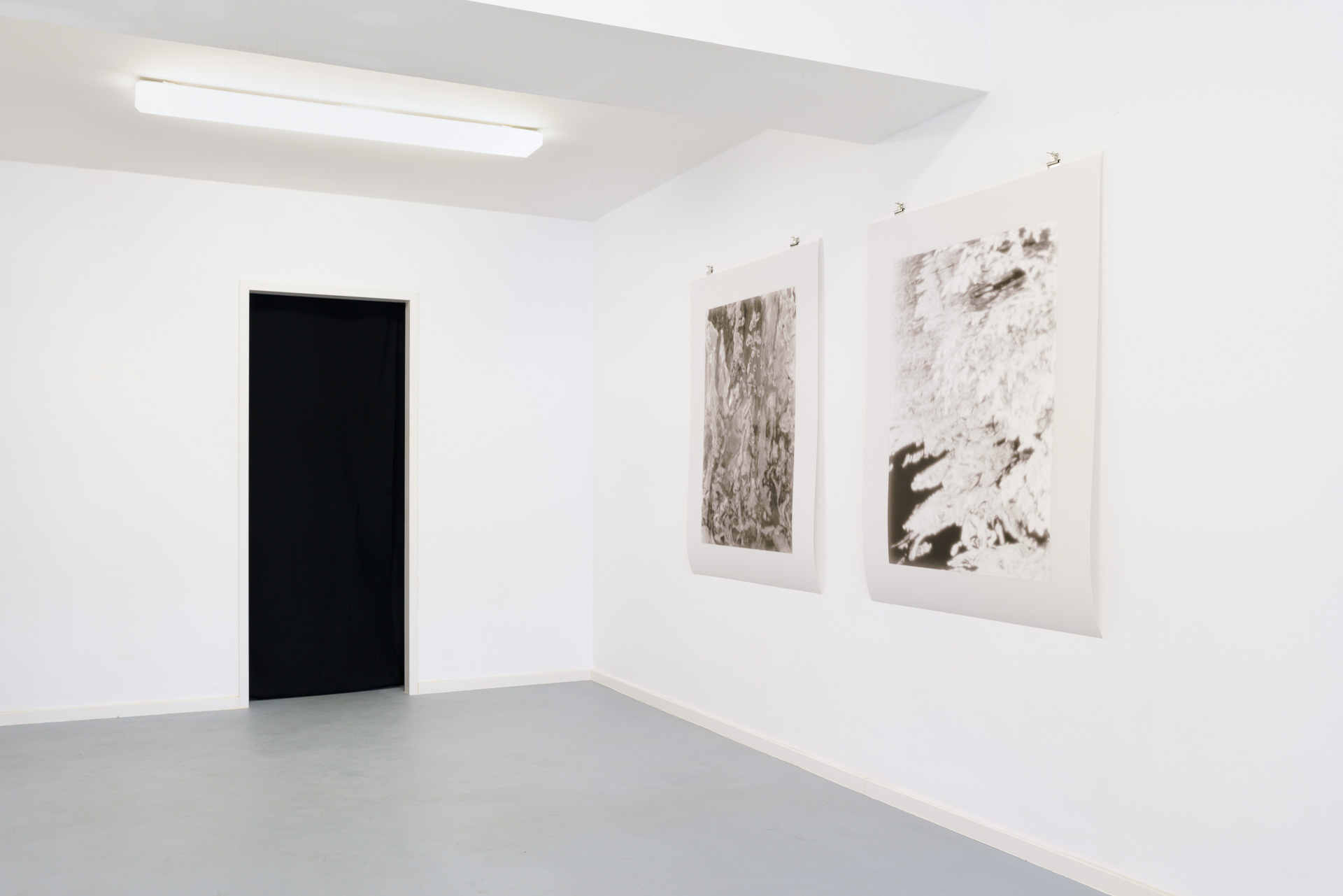


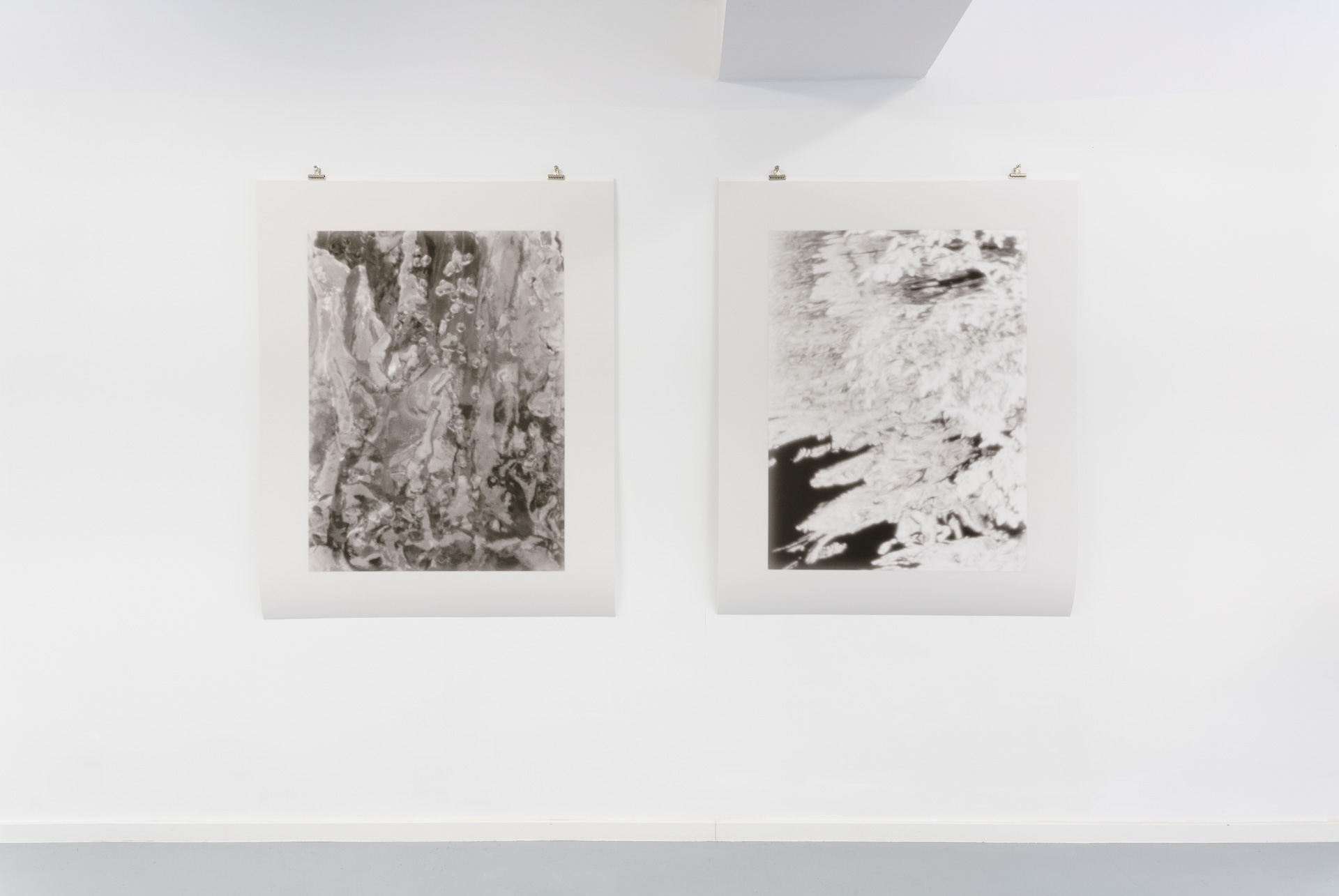

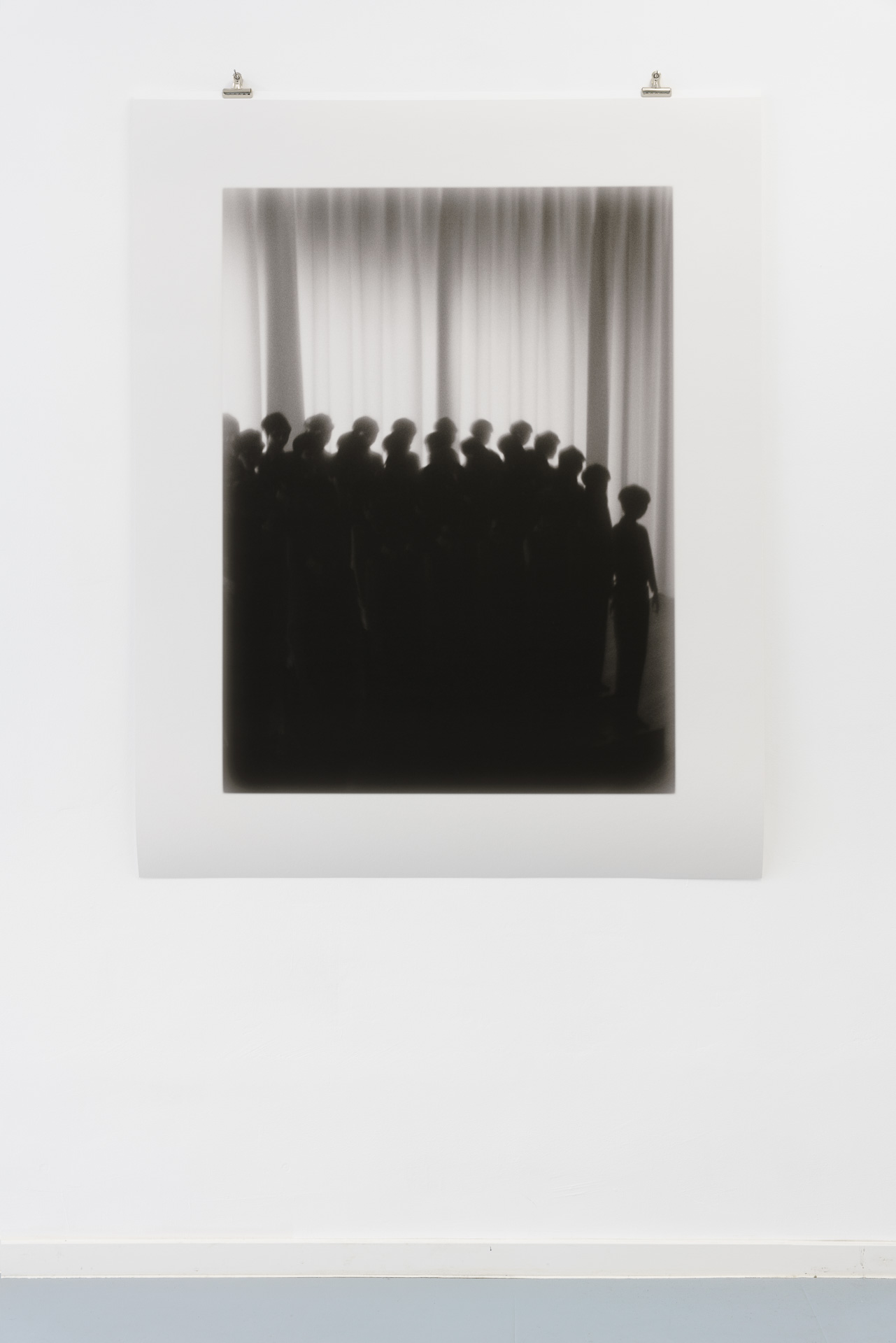
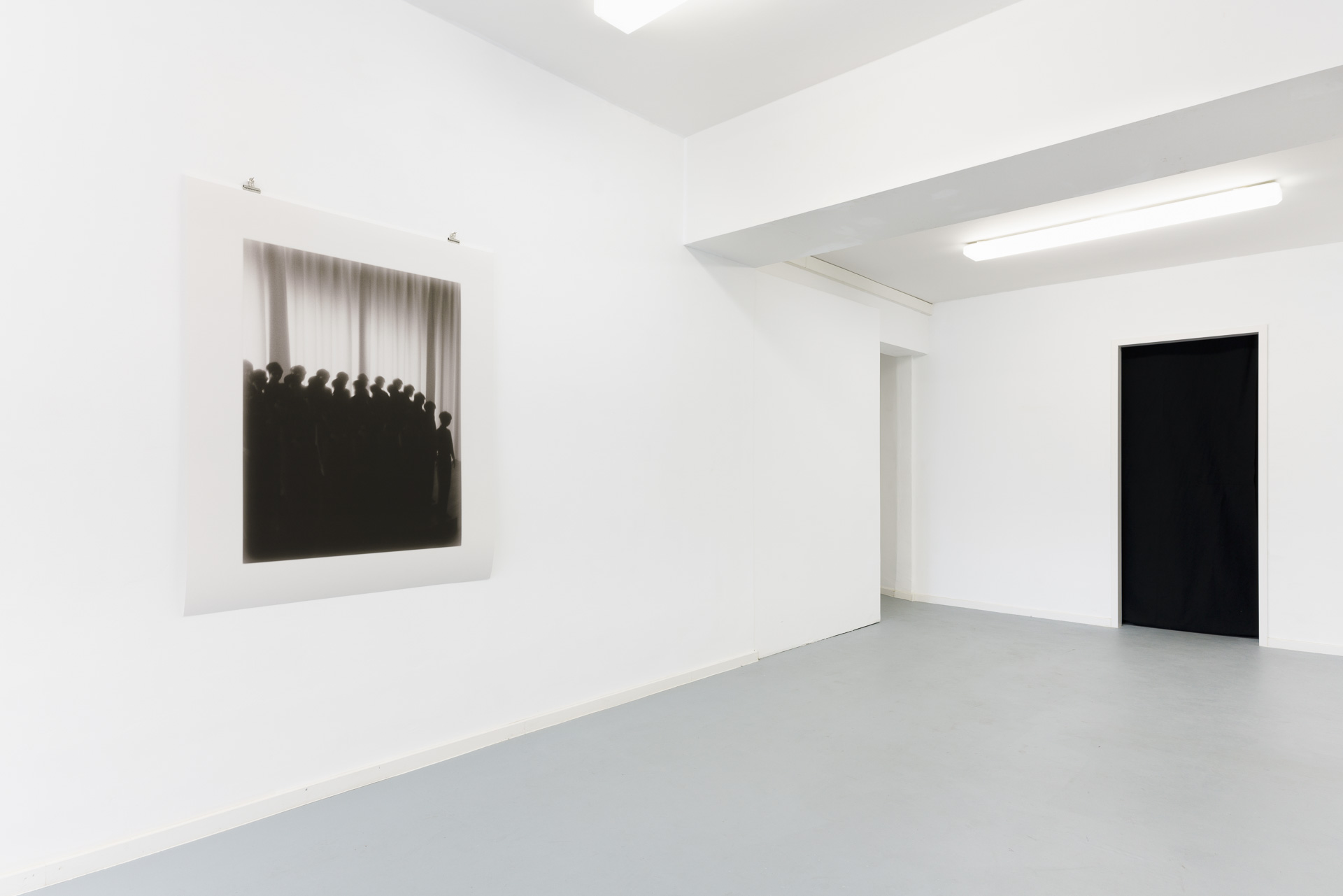

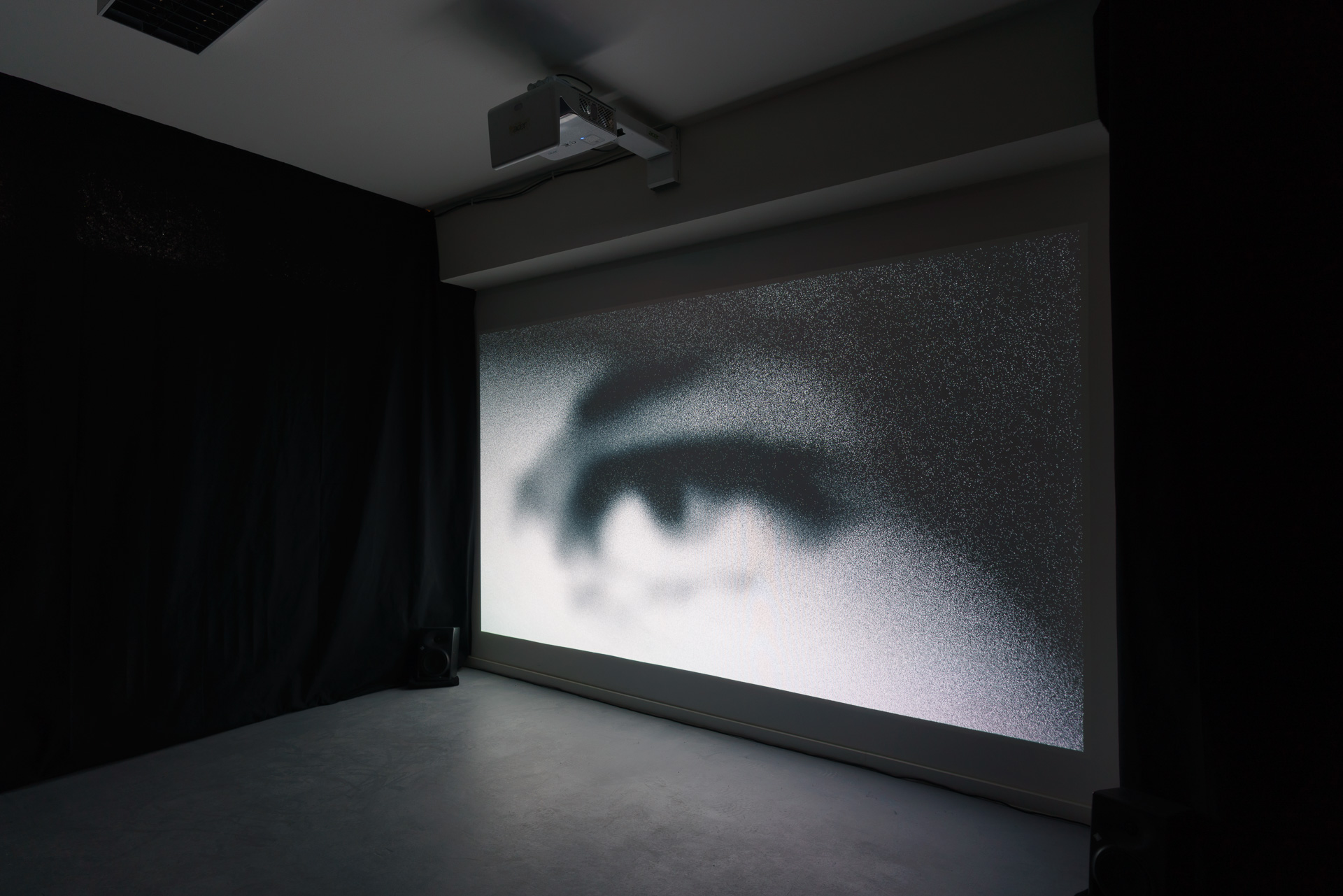
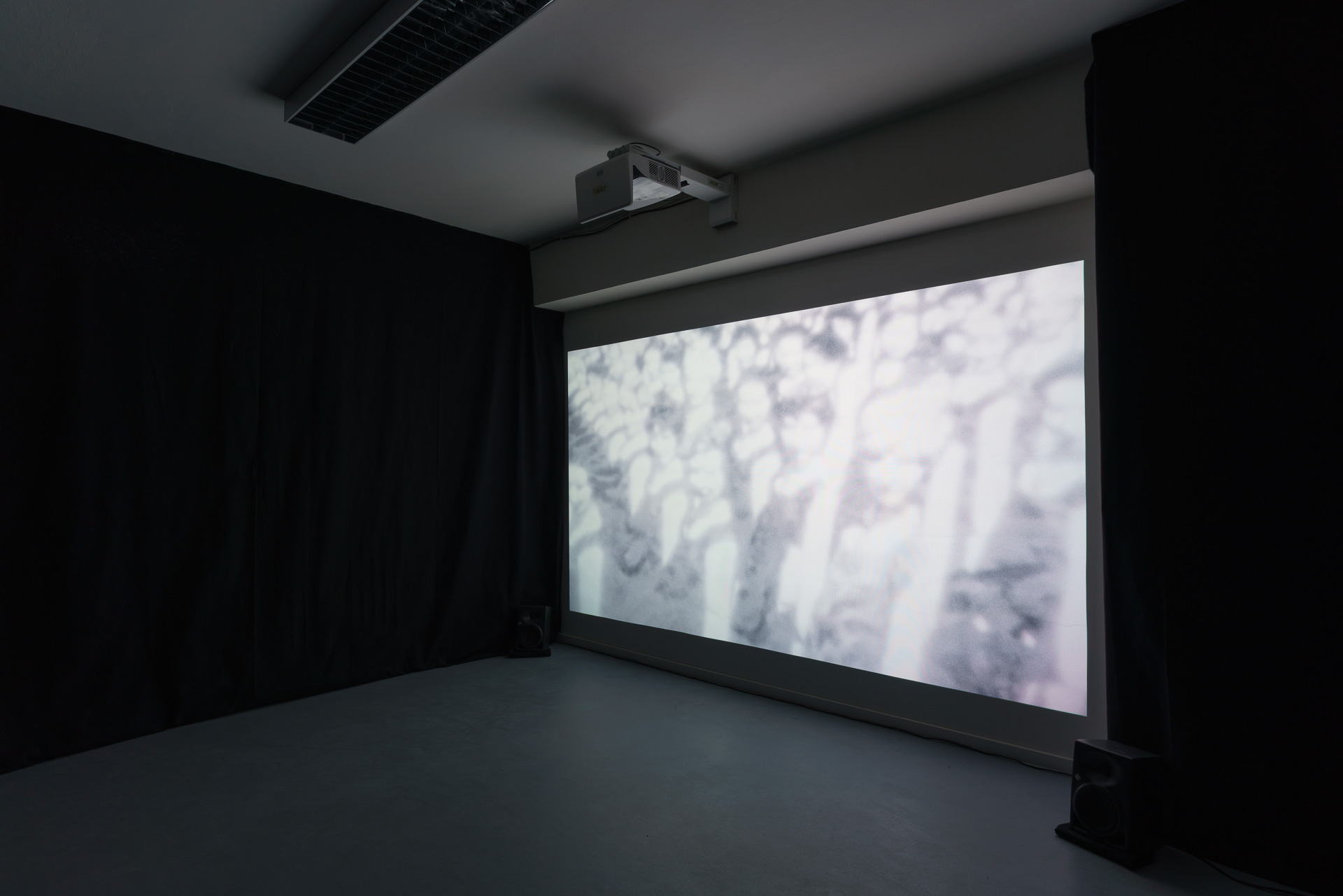


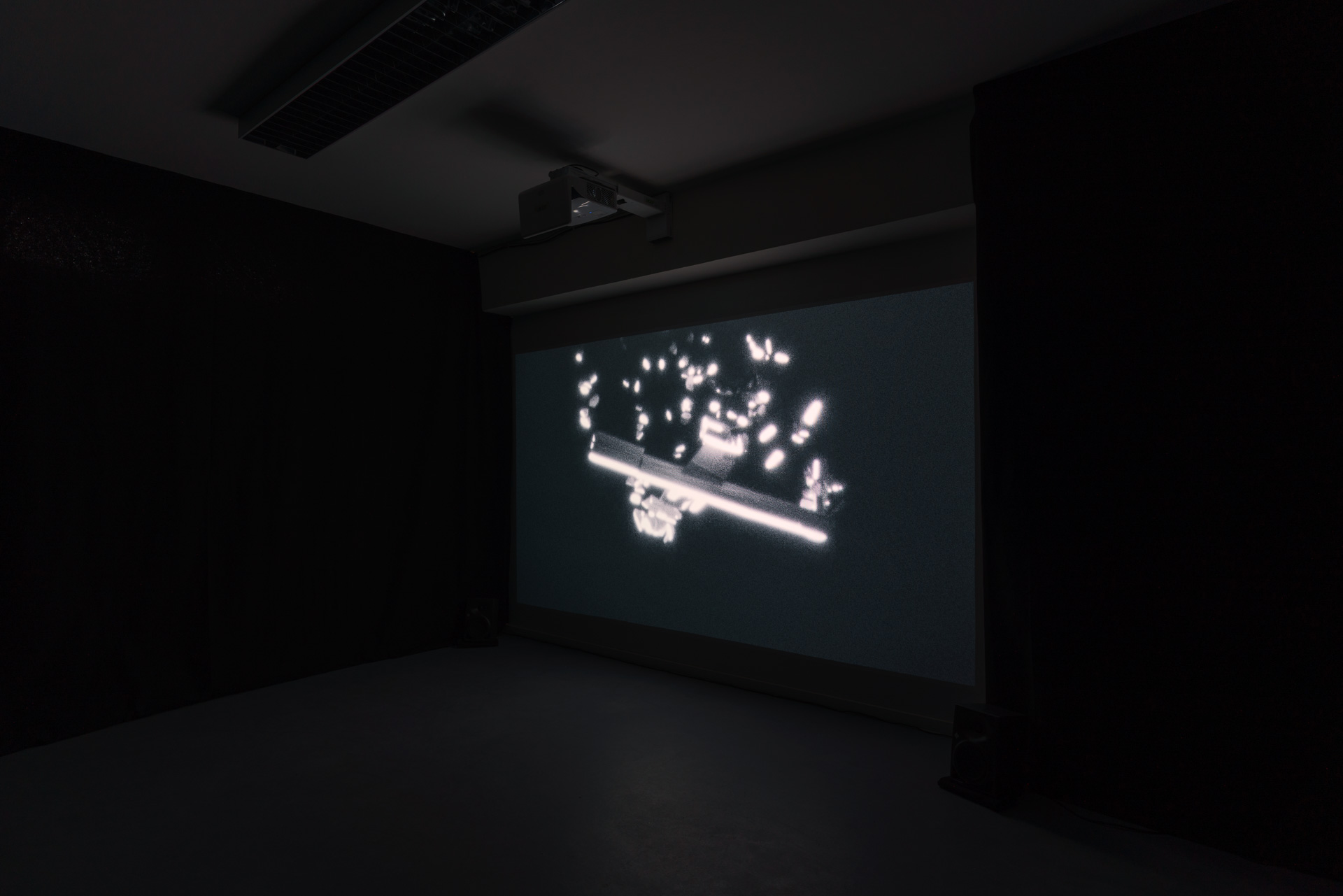 Fynn Ribbeck's exhibition at Weiden, "An Eggshell Mind," presents an exploration of the human condition within the confines of a totalitarian society. At its core lies an animated film that pays homage to the analogue aesthetics of silent and propaganda films from the early 20th century, exploring the profound implications of power dynamics, conformity, and the erosion of personal autonomy.
Fynn Ribbeck's exhibition at Weiden, "An Eggshell Mind," presents an exploration of the human condition within the confines of a totalitarian society. At its core lies an animated film that pays homage to the analogue aesthetics of silent and propaganda films from the early 20th century, exploring the profound implications of power dynamics, conformity, and the erosion of personal autonomy.The film unfolds as a dream sequence, delving into the subconscious of an individual navigating the landscapes of a totalitarian regime. Within this surreal realm, the film captures the struggle of the self against a backdrop of orchestrated uniformity. As the dreamer's psyche grapples with the oppressive forces surrounding them, motifs of conformity and the encroachment of external influences on the private sphere emerge as dominant themes. The set design transports us to a cityscape adorned with overemphasized proto-fascist architectures, where the rhythmic repetition of columns and uniform windows evokes a hauntingly familiar, yet unsettling, sense of control.
With a blend of analogue and modern computer-generated techniques, the film deliberately blurs the lines between historical authenticity and contemporary manipulation. It draws inspiration from Charlotte Beradt's seminal work, "The Third Reich of Dreams," wherein she collected the dreams of individuals living in 1930s Germany. By loosely basing the film's imagery on Beradt's documentation, Ribbeck prompts us to question the historical veracity of our perceptions and the fluid nature of memory.
Accompanying the animated film are a series of large-scale prints on coarse handmade paper reminiscent of the analogue era. These prints, echoing the aesthetics of silver gelatin prints produced by historical large-format cameras, showcase abandoned structures of power. Within these grand architectural remnants— meeting halls reaching towards the heavens—documents lie scattered across the floors, their significance lost to time. Yet, amidst this decay, nature reclaims its place, symbolizing the relentless persistence of life and the transience of human endeavors.
Ribbeck's artistic synthesis of analogue aesthetics and contemporary techniques compels us to reflect on the delicate interplay between the individual and the oppressive mechanisms of authority. The exhibition explores the nature of power, the fragility of human agency, and the enduring echoes of totalitarianism that reverberate throughout history. It plays on the delicate balance between personal identity and the forces that seek to mold it.

